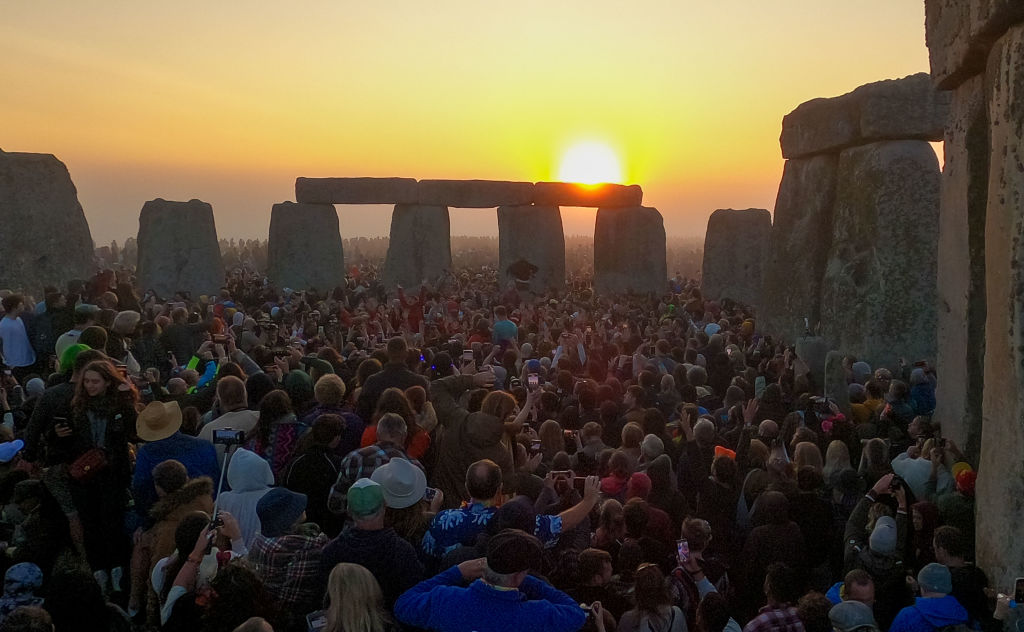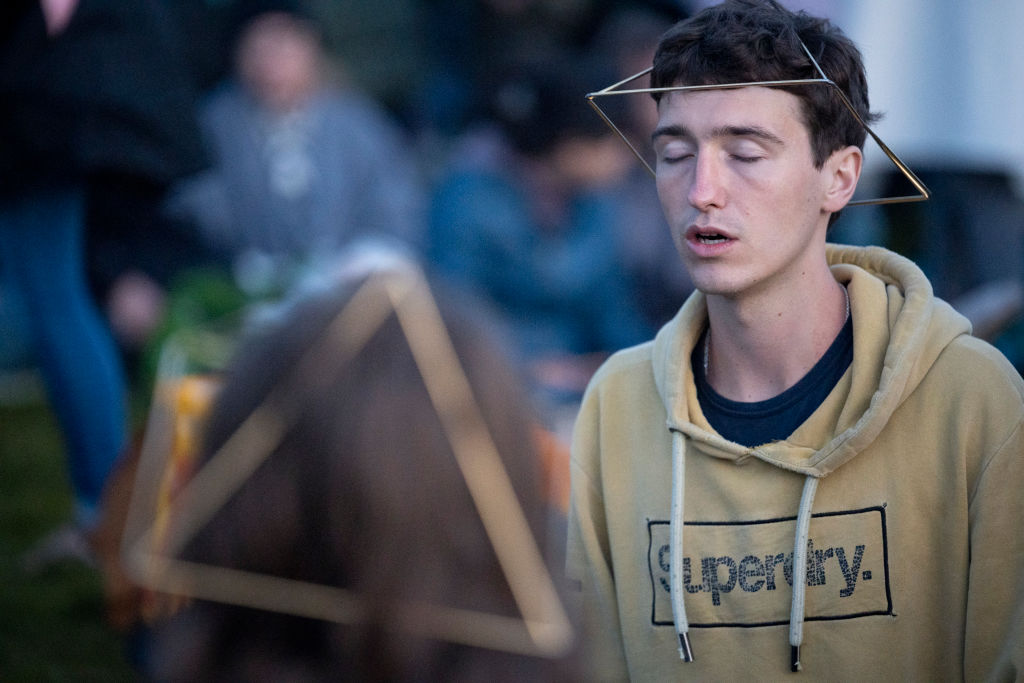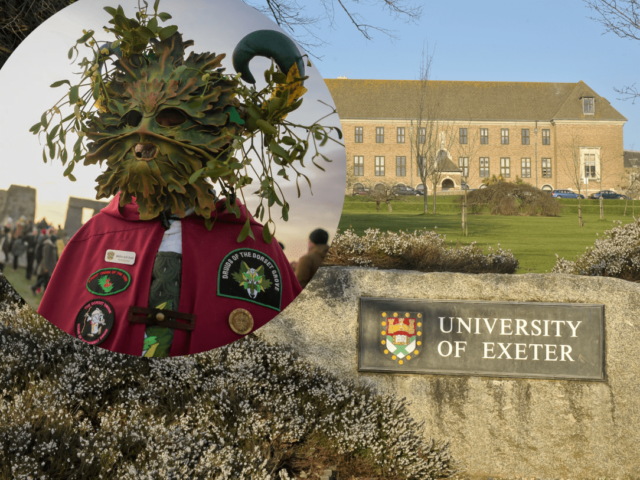The Institute of Arab and Islamic Studies at the University of Exeter promises “decolonisation… feminism, and anti-racism” in its new Master’s Degree in Magic and Occult Science, the first of its kind in the UK.
The University of Exeter, part of the Russel Group of leading British universities, has launched a Master of Arts in Magic and Occult Science, a development perhaps reflecting the rise of interest in the occult in the increasingly post-Christian West.
Delivered through the University’s Institute of Arab and Islamic Studies, which by Exeter’s own reckoning is “one of Europe’s most renowned centres for research and teaching in the Arab and Muslim world”, the one or two-year course at a cost of £12,000, or £24,300 ($29,750) to international applicants gives students the opportunity to “Build interdisciplinary expertise whilst exploring your specific interests within the long and diverse history of esotericism, witchcraft, ritual magic, occult science, and related topics.”
An online prospectus advertising the course illustrates key benefits including an invitation for students to join monthly meetings of the “prestigious Centre for Magic and Esotericism” and the chance to study the course’s core course, “Esotericism and the Magical Tradition”.
Taking in a long run of magic in history, the course explores “magic in Greece and Rome, occult texts in Judaism, Christianity, and Islam, the history of witchcraft, magic in literature and folklore, deception and illusion, and the history of science and medicine”.

WILTSHIRE, ENGLAND – JUNE 21: Visitors welcome the sun at Stonehenge on June 21, 2023 in Wiltshire, England. In the Northern Hemisphere, the longest day of the year falls on the 21st of June. This day is often referred to as the Summer Solstice or Midsummer’s Day. (Photo by Finnbarr Webster/Getty Images)
The course is not, apparently, also without a crusading, cultural element. As expressed by Exeter, delivering the course through the Institute puts “the Arabo-Islamic cultural heritage back where it belongs in the centre of these studies and in the history of the ‘West’,” and students will find “the exploration of alternative epistemologies, feminism, and anti-racism are at the core of this programme.”
Speaking to The Guardian course leader Professor Emily Selove said in the recent past people dismissed “the study of magic and the occult” as irrelevant but said modern people are superstitious and this is worth studying. “A recent surge in interest in magic and the occult inside and outside academia lies at the heart of the most urgent questions of our society”, she said.
The paper cited “the growth in the popularity of folklore, witchcraft, tarot and crystals, which has been understood as a reaction to the decline of organised religion” as a key factor. It further reported further classes open to students which include “dragons in western literature and art, the legend of King Arthur… and the philosophy of psychedelics.”
While Christianisation in the 7th century functionally ended Pagan beliefs in the British Isles, it has seen occasional resurgence since, with esoteric Druidic groups founded in Georgian and Victorian England as an outgrowth of Celtic nationalism and the Romantic movement. Interest in occultism also caught some wealthy Britons in the early 20th century, including, most infamously, philosopher Aleister Crowley.
A loss of faith in traditional structures and conventions after the Second World War, and a cultural folk revival saw a new growth in neo-Paganism in the mid-20th century. By the early 2000s, Paganism was being recorded as a religion in the national census, with the 2021 taking recording 87,000 self-reported Pagans and Wiccans, the largest of the ‘other’ religions.
Druidism has its most visible public exposure in the United Kingdom annually on the summer solstice, when Pagans meet at the ancient Stone Henge. The ring of standing stones, each around 13 feet tall and weighing 25 tons is one of the most important Neolithic sites in the world and is reckoned to be some 5,000 years old.

Spiritually-minded revellers celebrate the summer Solstice (mid-summer and longest day) at the ancient late-Neolithic stones of Stonehenge, on 21st June 2023, in Wiltshire, England. The summer solstice is the northern hemisphere’s longest day and shortest night of the year, when the earth’s axis is tilted at its closest point from the sun and pagans say the ancient monument is a sacred place that links the Earth, Moon, Sun and the seasons. Stonehenge was built in three phases between 3,000 B.C. and 1,600 B.C. Stonehenge is owned by English Heritage who say 8,000 visitors were allowed into the ancient site for the 2023 solstice sunrise. (Photo by Richard Baker / In Pictures via Getty Images)

COMMENTS
Please let us know if you're having issues with commenting.